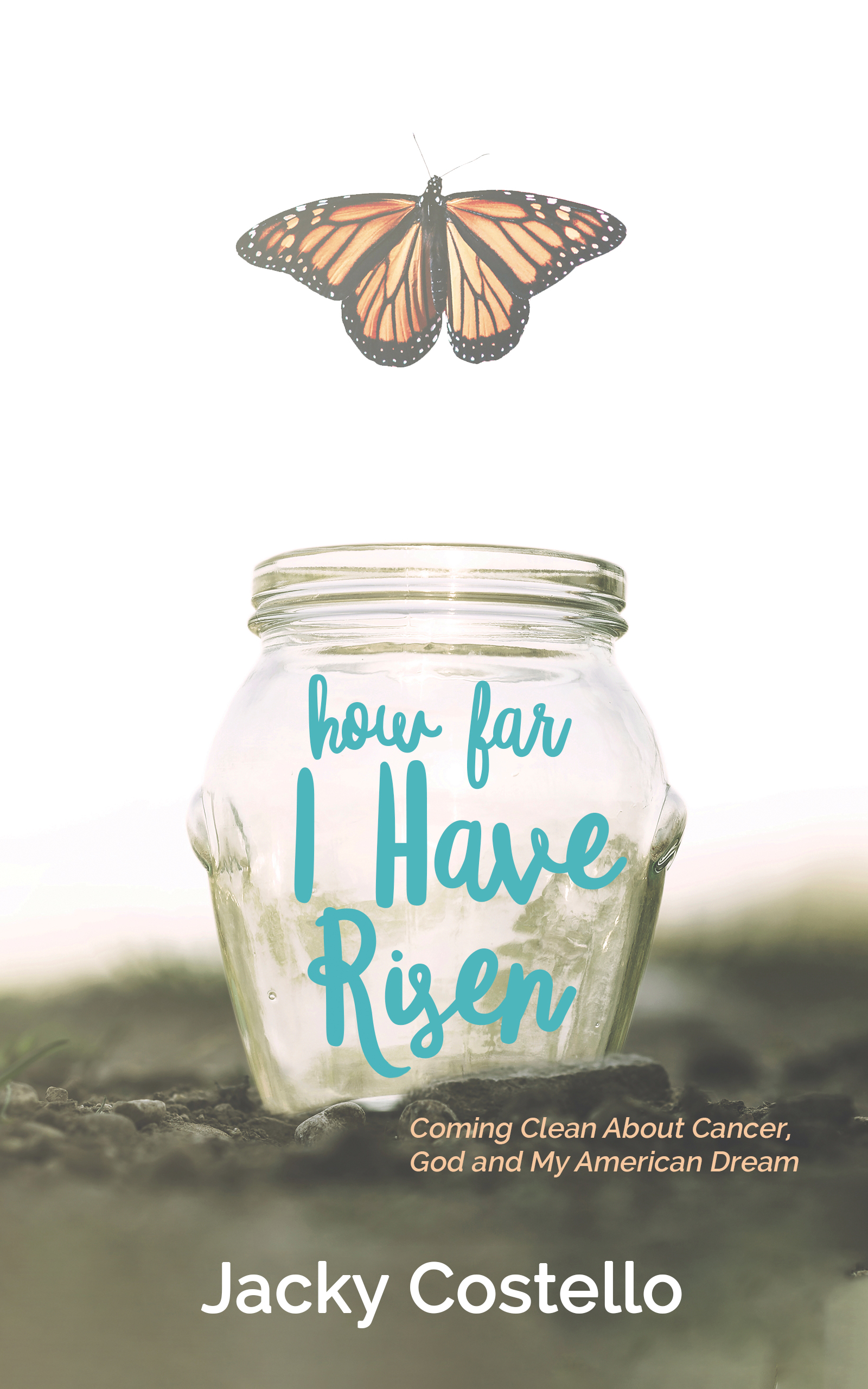As an entrepreneur and small business owners I know from first hand experience how a business can be made and broken due to negative online reviews.
When you leave a review, positive or negative you need to strongly consider the meaning and purpose that review carries with it.
Let’s be honest. Many customers will never say anything even if they have been satisfied with the product or service they received. The reason many companies have any reviews is because the business actively works on asking clients to leave a good review if they are happy with the service. Today I would like to encourage you to leave more positive reviews! A very helpful employee who went above and beyond? You ran late to your appt but the business still made it work because they value you as a customer. The waitress accepted your unusual request even though it’s clearly not on the menu. Your cleaning lady stays longer to fold your laundry, clean the litter boxes helps pulling some boxes out of the attic for you because you are sick and just needed the extra help? Those are all things to not take for granted and be thankful for. Reasons to leave a quick positive review. Employees and business owners will work even harder in the future if they know their hard work is being appreciated.
Usually people only tend to leave a review when something didn’t go well. What people sometimes forget is that especially small business owners rely 100% on their employees. Times are crazy! People say they want to work but often don’t show up. When that happens a small business owner easily enters a crisis trying their best to keep the business going. A small business owner relies on their staff as well as they rely on their customers. Sometimes it’s like a battle you can never win.
While I am not at all defending poorly run businesses, and I’m not saying that if you had a bad experience you should ignore it. I just think that a lot of people do not think through the implications of their negative review. Instead of shredding someone on social media or leaving a negative review reach out to the business owner directly. Explain why you are upset and see what the business owner can offer to fix the issue. You may be surprised to find out that a small business owner will probably try much harder to make mends then a big corporation.
The greatest reward is the appreciation of the people. -Gopi Sundar.
If you’d like to hear more about my story check out our book here!










